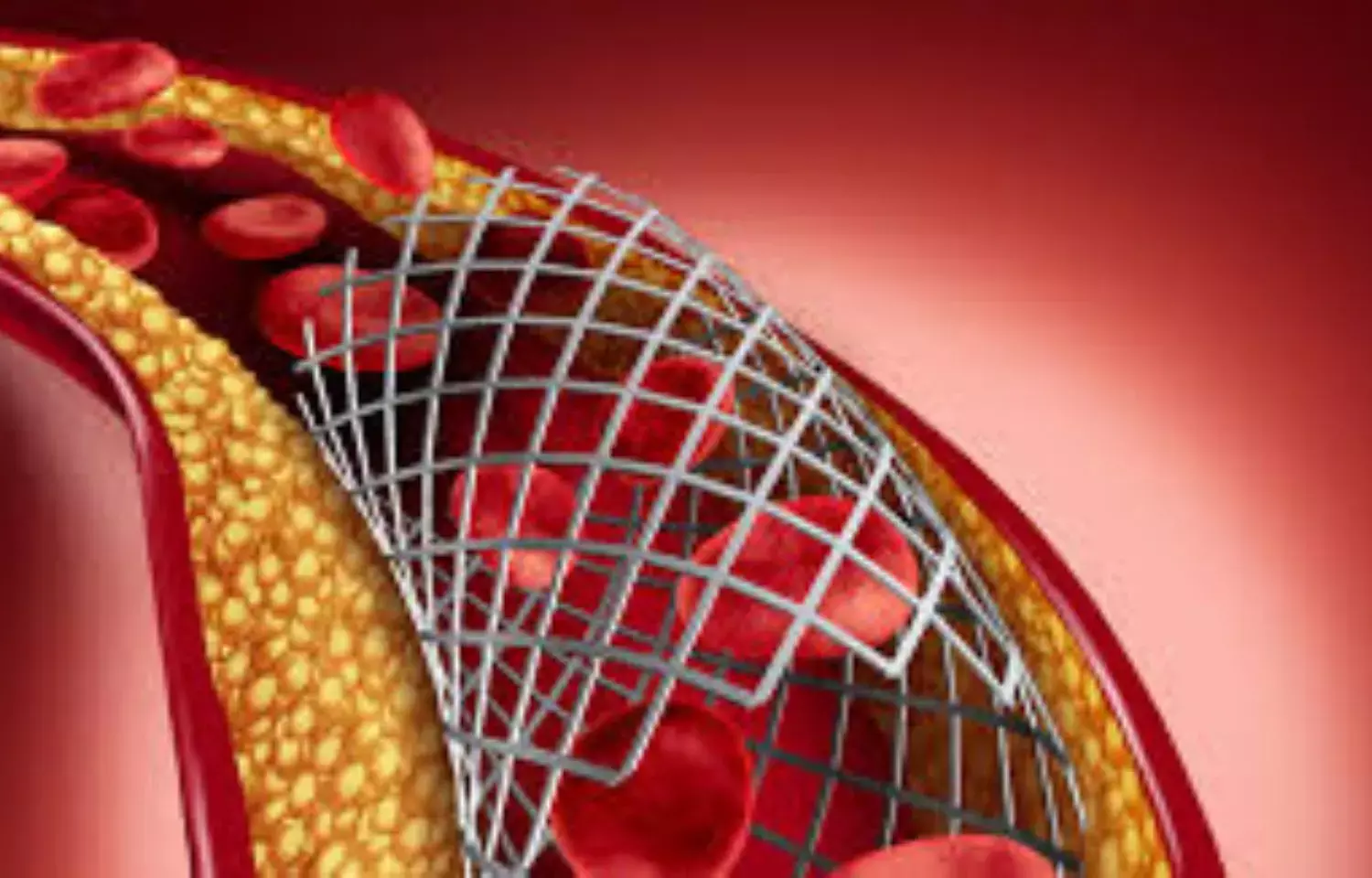- Home
- Medical news & Guidelines
- Anesthesiology
- Cardiology and CTVS
- Critical Care
- Dentistry
- Dermatology
- Diabetes and Endocrinology
- ENT
- Gastroenterology
- Medicine
- Nephrology
- Neurology
- Obstretics-Gynaecology
- Oncology
- Ophthalmology
- Orthopaedics
- Pediatrics-Neonatology
- Psychiatry
- Pulmonology
- Radiology
- Surgery
- Urology
- Laboratory Medicine
- Diet
- Nursing
- Paramedical
- Physiotherapy
- Health news
- Fact Check
- Bone Health Fact Check
- Brain Health Fact Check
- Cancer Related Fact Check
- Child Care Fact Check
- Dental and oral health fact check
- Diabetes and metabolic health fact check
- Diet and Nutrition Fact Check
- Eye and ENT Care Fact Check
- Fitness fact check
- Gut health fact check
- Heart health fact check
- Kidney health fact check
- Medical education fact check
- Men's health fact check
- Respiratory fact check
- Skin and hair care fact check
- Vaccine and Immunization fact check
- Women's health fact check
- AYUSH
- State News
- Andaman and Nicobar Islands
- Andhra Pradesh
- Arunachal Pradesh
- Assam
- Bihar
- Chandigarh
- Chattisgarh
- Dadra and Nagar Haveli
- Daman and Diu
- Delhi
- Goa
- Gujarat
- Haryana
- Himachal Pradesh
- Jammu & Kashmir
- Jharkhand
- Karnataka
- Kerala
- Ladakh
- Lakshadweep
- Madhya Pradesh
- Maharashtra
- Manipur
- Meghalaya
- Mizoram
- Nagaland
- Odisha
- Puducherry
- Punjab
- Rajasthan
- Sikkim
- Tamil Nadu
- Telangana
- Tripura
- Uttar Pradesh
- Uttrakhand
- West Bengal
- Medical Education
- Industry
Two-stent strategies of no benefit over provisional stenting for PCI: JAHA

USA: Results from a conventional analysis showed no benefit of 2-stent strategies compared to provisional stenting. The authors suggest that the two-stent strategy should be preferred when the lesion length of the side branch is >10 mm. The study was published in the Journal of the American Heart Association on 20 Jun 2022.
The study found that the double kissing crush technique of bifurcation had more favorable clinical outcomes versus provisional stenting, crush, culotte, or T‐stenting, or T and protrusion.
Bifurcation lesions account for 20% of all percutaneous coronary interventions and are associated with higher rates of restenosis and lower procedural success. However, the ideal bifurcation technique remains elusive.
Previously, two Bayesian network meta-analyses have compared the outcomes between different bifurcation techniques but were limited by the lack of contemporary intervention practices and misclassification in older trials. Additional trials comparing bifurcation techniques have since been published. Aviral Vij, Division of Cardiology, Rush Medical College, Chicago, IL, and colleagues, therefore, performed an updated network meta‐analysis using both frequentist and Bayesian models to compare the various bifurcation techniques.
For extracting data from randomized clinical trials that met predetermined inclusion criteria, the researchers performed an extensive search of the literature. Conventional meta‐analysis produced pooled relative risk (RR) of the 2‐stent technique versus the provisional stent on prespecified outcomes.
To compare bifurcation techniques, both frequentist and Bayesian network meta‐analyses were performed. From 29 randomized clinical trials, a total of 8318 patients were included in the study.
Based on the study, the researchers reported the following findings:
- Conventional meta‐analysis showed no significant differences in all‐cause mortality, cardiac death, major adverse cardiac events, myocardial infarction, stent thrombosis, target lesion revascularization, and target vessel revascularization between 2‐stent techniques and provisional stenting.
- Frequentist network meta‐analysis revealed that double kissing crush was associated with lower cardiac death (RR, 0.57), major adverse cardiac events (RR, 0.50), myocardial infarction (RR, 0.60), stent thrombosis (RR, 0.50), target lesion revascularization, and target vessel revascularization when compared with provisional stenting.
- Double kissing crush was also superior to other 2‐stent techniques, including T‐stent or T and protrusion, dedicated bifurcation stent, and culotte.
To sum up the findings, the double kissing crush was tied to a lower risk of major adverse cardiac events, cardiac death, stent thrombosis, myocardial infarction, target lesion revascularization, and target vessel revascularization versus provisional stenting and was superior to other 2‐stent techniques.
"The superiority of the 2‐stent strategy over provisional stenting was observed in a subgroup meta‐analysis stratified to side branch lesion length ≥10 mm," the authors wrote.
Reference:
The study titled, "Systematic Review and Network Meta‐Analysis Comparing Bifurcation Techniques for Percutaneous Coronary Intervention," was published in the Journal of the American Heart Association.
Dr Kamal Kant Kohli-MBBS, DTCD- a chest specialist with more than 30 years of practice and a flair for writing clinical articles, Dr Kamal Kant Kohli joined Medical Dialogues as a Chief Editor of Medical News. Besides writing articles, as an editor, he proofreads and verifies all the medical content published on Medical Dialogues including those coming from journals, studies,medical conferences,guidelines etc. Email: drkohli@medicaldialogues.in. Contact no. 011-43720751


